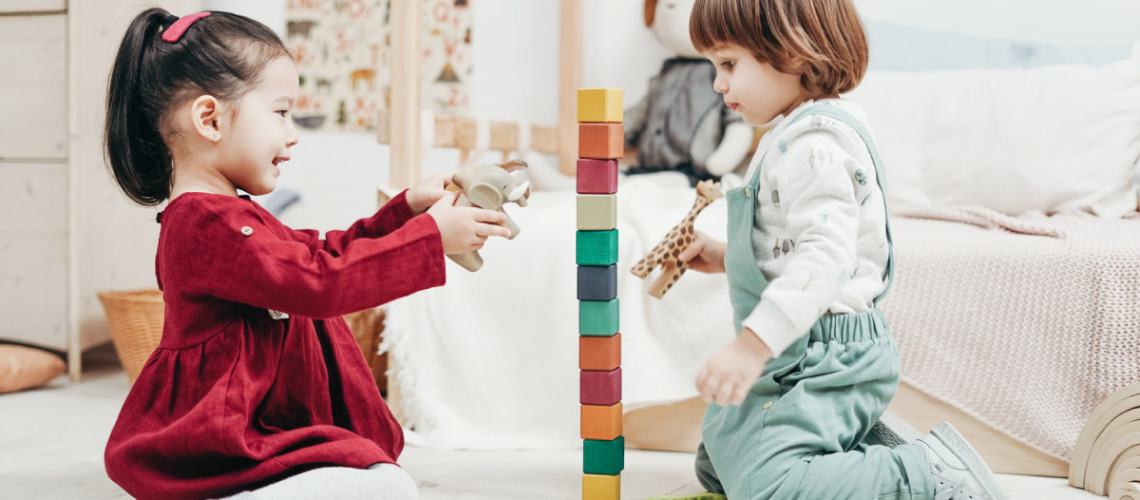By Anke Scherman – Good Night Consultant
Exercise is one of the best science-backed ways to improve your sleep and health
In our home, generally around 18h00 in the evening, when we’ve had dinner and there’s still some play time ahead of bath, all my son wants to do is move! There’s running and playing tag, kicking a ball in the garden, riding his bike in the road or doing exercises with dad in his gym garage. Of course, I am all for it, as I am well aware of how important it is to include exercise into our daily lives.
In many homes most children tend to spend hours every day in front of a screen (TV’s, smartphones or tablets) looking at a variety of media, whether it be games or YouTube videos or cartoons. Too much screen time and not enough physical activity add to the problem of childhood obesity. Obesity is a fast-growing disease in South Africa, with one in eight children now living with obesity.
Parents should try to limit screen time for children. Screen times for children from 2 – 5 years old shouldn’t exceed 1 hour a day and if they’re younger than 18 months it shouldn’t be encouraged at all. The World Health Organisation (WHO) recommends zero screen time for children under the age of 2 years old. An odd video-chat with family would be suitable but not right before bedtime. (That’s of course one of the positives of technology).
Children that have regular exercise, even if it means being active through play will grow, have stronger muscles and bones, develop important motor skills, have leaner bodies that result in a lower chance of getting type 2 diabetes and lower blood pressure. Besides enjoying the health benefits of regular exercise, fit children also sleep better.
In a New Zealand study, researchers looked at how much time it took for inactive children to fall asleep versus active children. What they found was that it took children three more minutes to fall asleep for every hour that child was inactive or only sitting. That means that a child who plays video games or watches TV all day will take more time to fall asleep, and have poorer quality sleep than a child who actively plays during the day.
In another study they also found that active babies sleep better than less active babies. Those infants who were active during the day woke up less at night, so they tended to sleep better – although they did move about in their sleep more. This suggests that encouraging activity could have a knock-on effect on improving other behaviours like good sleep practices.
It doesn’t have to be planned or scheduled, but something parents can take away from this is that your child always keeps an eye on how you spend your time, so set a good example by exercising regularly. Your child will pick up on this as something parents do and will naturally want to do it too.
#sleeptraining

